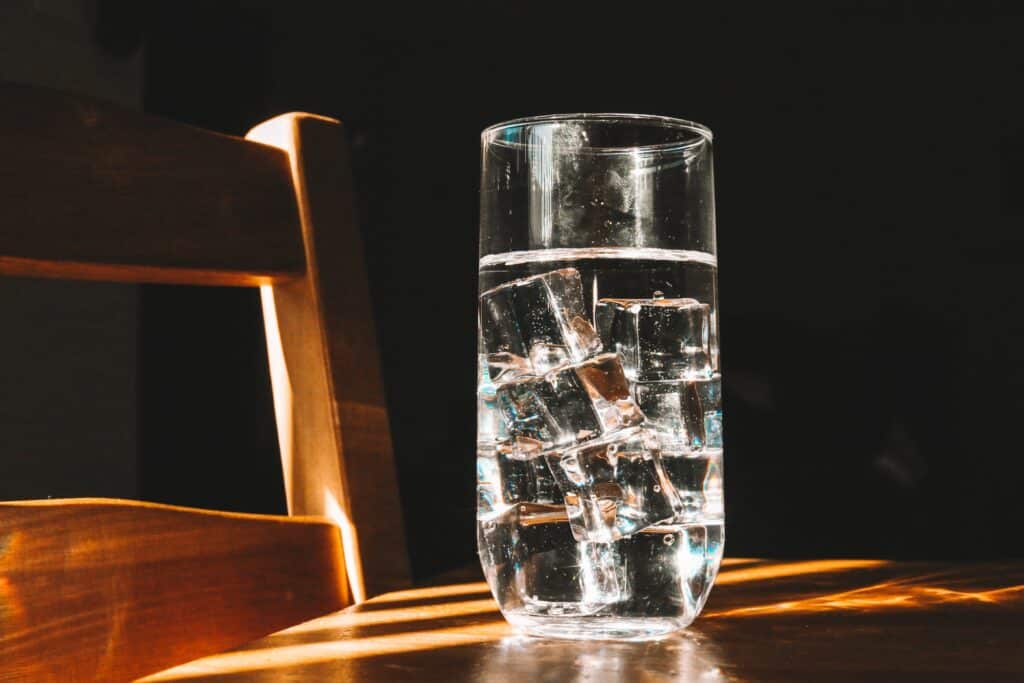Growing older is an inescapable aspect of life. As we age, our bodies are subject to a series of changes, with some more noticeable or significant than others. One critical element of the health and vitality of older adults is hydration.
Properly hydrating ourselves is crucial as we advance in age, and striking a balance between thorough hydration and aging is essential for establishing a healthy foundation in our golden years.
The Unique Hydration Needs of Seniors
Our bodies consist of approximately 60% water, and this precious fluid is pivotal toward numerous physiological processes. However, several factors make proper hydration challenging as we get older.
Reduced Sense of Thirst
When people age, their sense of thirst sees a stark decline, which can result in a dangerous failure to recognize the need to consume more fluids in order to rehydrate. If untreated, dehydration can lead to harsh health conditions, including cognitive decline, kidney troubles, and urinary tract infections.
Diminished Kidney Function
The kidneys are accountable for filtering and managing the balance of fluids in the body. Unfortunately, kidney functions weaken as we age, which can disrupt the body’s capacity to
conserve water, increasing the vulnerability and risk of dehydration for seniors.
Medications and Chronic Conditions
Some older people are currently taking medications to help them manage health conditions. Many of these specific medications can contribute to diuretic effects, resulting in increased fluid loss.
Furthermore, chronic conditions such as heart disease and diabetes can negatively impact fluid balance in the body. Older adults and healthcare professionals need to be conscious of these mitigating factors and when to make adjustments to daily fluid intake.
Cognitive and Mobility Challenges
Many seniors find themselves faced with cognitive challenges that can disrupt their natural senses and cause them to miss the prompt to drink water throughout their day. These mixed signals can quickly lead to dehydration and related complications. Mobility considerations can also make it difficult for seniors to access fluids regularly.
Considering these unique challenges, prioritizing regular access to water is essential for the daily routines of seniors and their caregivers.
The Significance of Hydration in Aging

Although sufficient hydration is necessary for people of all age groups, it is of critical importance for older adults due to the age-related changes mentioned earlier. There are several prevailing reasons that illustrate the necessity of remaining properly hydrated during the aging process.
Cognitive Function
Dehydration can profoundly impact cognitive function, with even mild cases possessing the capability to undermine or impair the ability related to focus, memory, and even basic decision-making abilities.
In some instances, these cognitive disturbances can be mistakenly identified as signs of aging-related neurodegenerative conditions like dementia. Consequently, properly hydrating is essential for preserving cognitive function and mental clarity among seniors.
Physical Well-being
Water is directly involved in supporting numerous functions within the body, including temperature regulation, aiding digestion, and promoting healthy blood circulation, which are all essential for maintaining one’s overall health.
Dehydration can result in an increased risk for slips or falls due to muscle fatigue or lightheadedness, constipation, or urinary tract infections, so remaining hydrated is paramount in preventing these troubles while maintaining physical wellness.
Heart Health
The cardiovascular system is reliant on sufficient hydration levels to help regulate healthy blood pressure and blood flow. Dehydration can put a significant strain on the heart, which can result in further complications for seniors who have pre-existing heart conditions. Seniors can help minimize the risk of heart-related ailments and advance heart health by properly hydrating throughout the day.
Kidney Function
Kidney function sees a natural downturn as we age. Dehydration only acts to worsen this condition and can potentially lead to urinary tract infections or kidney stones. Respecting your body’s hydrational requirements is the most straightforward way to support optimal kidney function while reducing the risk of these complications.
Skin Health
When dehydrated, skin can quickly dry out and develop wrinkles. Drinking plenty of water daily and using hydrating lotions and creams are positive measures for seniors to maintain glowing, healthy skin as they age.
Top Hydration Tips for Seniors
Now that we have established how important hydration is in relation to aging allow us to explore a few practical tips older adults can implement into their routine to ensure adequate hydration.
Establish a Schedule
Establishing a regular schedule specifically for drinking water each day can be especially helpful for seniors with cognitive or memory difficulties. Even if they are not feeling thirsty at the moment, having set times throughout the day set aside for drinking water is crucial to help reduce the risk of dehydration.
Stay Hydrated With Water, Food, and IV Infusions
Augmenting your diet with a bounty of water-rich foods can provide a delicious and nutritious way to keep your body hydrated. Older adults can keep a stocked fridge full of watermelon, strawberries, cantaloupe, cucumbers, and celery to provide their body a powerful boost of vitamins and minerals while supporting their hydration needs.
IV therapies are another beneficial ally in reducing dehydration risks among older adults. These on-demand mobile medical services are delivering the incredible benefits of IV therapy to the comfort of the home environment, which can be especially helpful for seniors who would rather circumvent the transit to and from a medical treatment center.
IV treatments deliver a potent blend of fluids and electrolytes designed to provide revitalizing whole-body hydration quickly. IV therapy in Philadelphia can help you reduce the risk of dehydration in your senior years in the comfort of your home.
Last Words
Staying thoroughly hydrated is a foundational pillar to remaining healthy and vital as you grow older and can extend to how you look, feel, and function. As we age, our bodies and needs change with us. Proper hydration is a fundamental aspect of the continued health of seniors that can help preserve cognitive performance and prevent numerous health conditions.
Providing your body with the hydration it requires is a simple yet powerful measure you can take to support your body as it ages and ensure continued quality of life. So, let’s raise a glass of water to toast to aging gracefully and embrace the vital role hydration plays in healthy and happy senior years.


